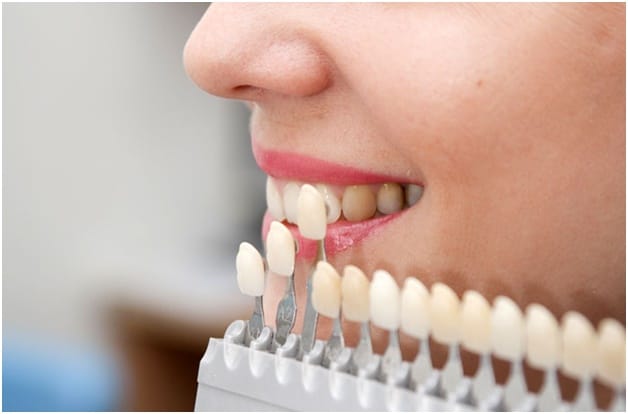Dentistry has come a long way over the years, and today there are multitudes of options available in terms of corrective treatments and aesthetic improvements. Dental veneers teeth in Sydney have been popular among the wealthy and famous for the last four decades and, fortunately, have become a lot more accessible and affordable over time. While, in the past, you would have had to choose between getting crowns or other alternatives to create the perfect smile, today, dental veneers are a quick and highly durable solution to transform your appearance and give you a boost of confidence.
If you’ve heard about this procedure but aren’t sure what it involves, read on as we cover some of the main things you need to know.
It’s Minimally Invasive
While other dental restoration procedures require more drilling and work that impacts your teeth, getting veneers are significantly less invasive. The dentist will only need to remove about half a millimetre of enamel from your tooth’s front surface in order to apply cement that will bond the veneer to your natural teeth. You will experience some sensitivity for the first week after the procedure, but it should pass quickly.
It Strengthens Your Teeth
Although most people get veneers with the goal of having a better smile, veneers are also a great way to reinforce the structure of your own teeth. They also offer great help for people who suffer from low enamel, who may have chronic conditions such as acid reflux or tend to drink and eat highly acidic foods.
It Permanently Gives You White Teeth
Many people visit dentists periodically to have their teeth whitened, and while this is an effective procedure, it isn’t permanent. The foods you eat, tea, coffee, smoking, all contribute to discolouration, and eventually, your teeth will stop looking sparkly white. Veneers, however, are solid and not as permeable as natural teeth, making them very resistant to discolouration, even if you indulge in all the things that typically cause teeth to turn yellow and become dull.
While most patients are successful candidates for dental veneers, there are some instances where the procedure may not be suited to you. Lack of sufficient dental enamel, dental decay that has progressed too far, or other gum diseases can cause you not to be a good fit for veneers, as your teeth need to be in reasonably good condition. Consult with our dental specialists for an assessment to find out if this solution will work for you today!



1 thought on “Dental Veneers: What You Need To Know”
Comments are closed.